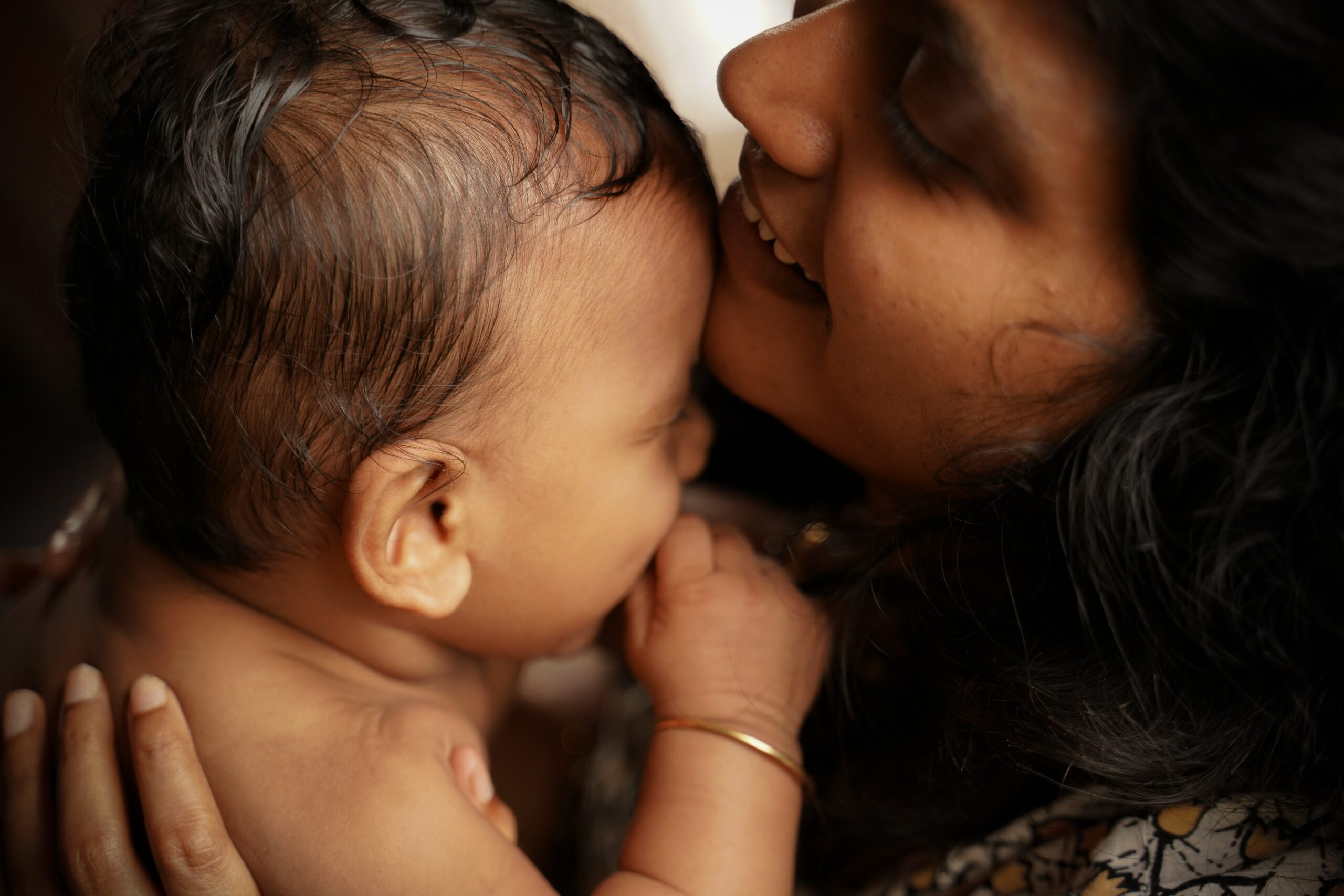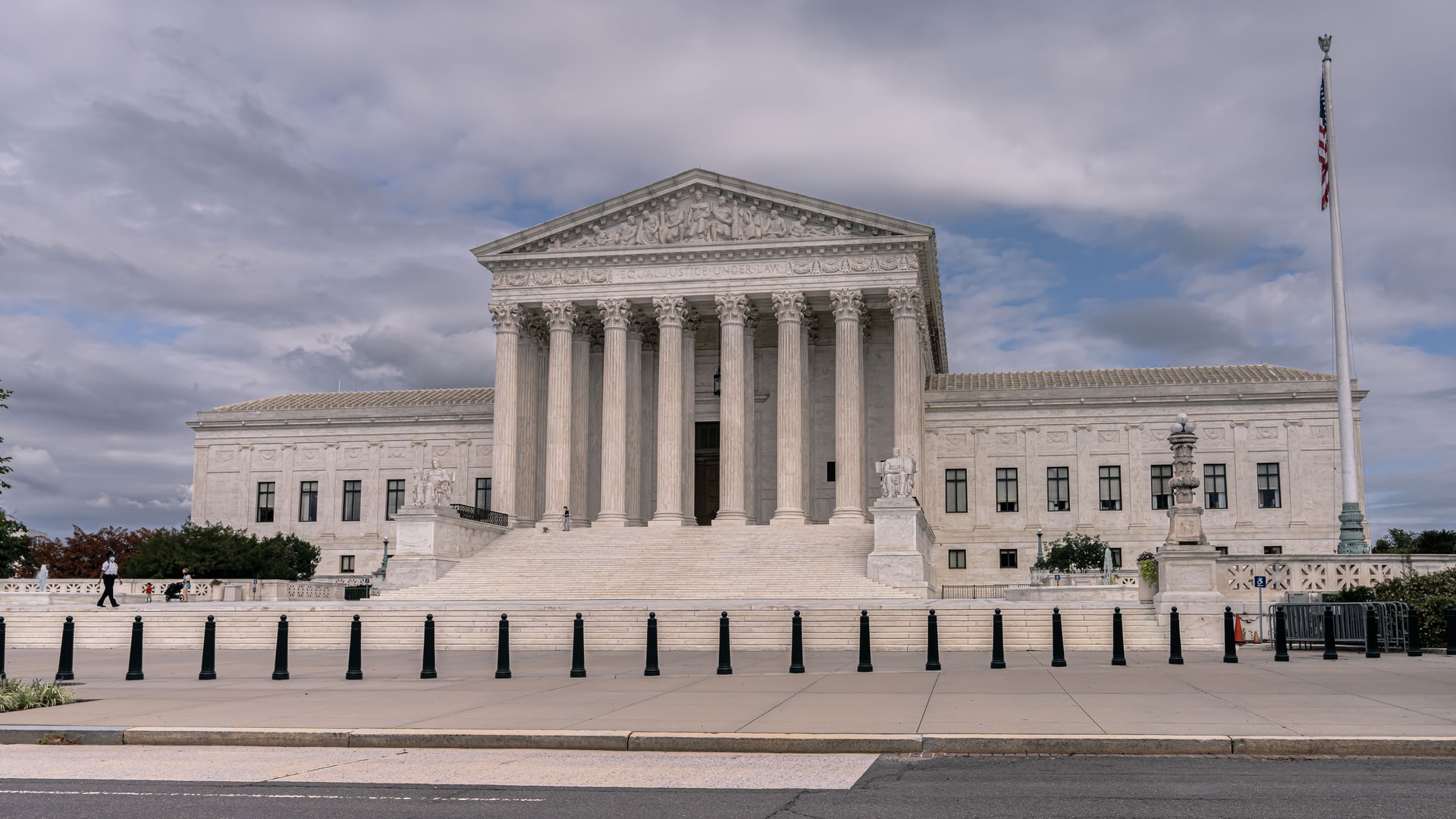Here at the Summit, we have an audacious goal of planting 1,000 churches by 2050. (By God’s grace, we have already planted 298!) One of the most bittersweet realities of planting churches is sending out your best leaders. One of the greatest benefits is getting to learn from them along the way. So we decided to ask some of our Summit Network pastors to give back a little share some of what God has taught them.
Every Monday throughout the summer, check in here for a dash of wit and wisdom from some of our Summit Network church planters. To find out more about how the Summit Network equips leaders to plant, grow and multiply gospel-centered churches, visit thesummitnetwork.com. Next up: Ethan Welch!
–Chris Pappalardo, Editor
I grew up in South Carolina—the deep South. I’m white. My family might be the true story behind the animated sitcom, “King of the Hill.” Back in high school in the late 90s, every guy in my school had at least one Confederate flag image pasted somewhere on his pickup truck. Here’s what’s ironic about that: I went to a Christian high school.
The American Church’s Hour of Reckoning
For too long, too many white Christians have cozied up to the world and blurred the lines between what it means to be an American and what it means to be a Christian. The idols of nationalism and patriotism have seemed to trump much of Christianity. It seems the kingdom of God got in bed with the kingdom of this world. The offspring of this marriage have not been promising.
The church needs a reckoning in the area of ethnicity. The church is supposed to be a foretaste of heaven, a signpost for what it looks like when Jesus is king. We’re supposed to take our cues from Christ, not culture.
But when it comes to ethnicity, the church is still one of the most segregated institutions in society. The last thing our society needs is Christian country clubs. Our society needs us to courageously pursue a Jesus-shaped, Jesus-marked Christianity that looks like his kingdom, not the kingdom of this world.
That’s part of our church’s story. We’re still trying to figure this out, but God is doing something special in The Bridge Church, particularly when it comes to realities of race and ethnicity.
Five years ago, when our church first launched, we were almost completely white. I had a passion for ethnic diversity, but I told myself, “We’ll get to that later.” Our new church in Wilmington, North Carolina took off and grew like crazy. We jumped from 50 people to over 500 people in 18 months. The momentum was exhilarating. We told ourselves that God was clearly at work.
But during this whole boom, something was never right in my spirit. As I observed and studied our city, I could no longer ignore Wilmington’s dark and dirty ethnic history.
My City’s Dark and Dirty Ethnic History
Wilmington is home to the only successful coup d’état in American history. In 1898, Wilmington was the largest city in North Carolina. The city was majority African-American, and minorities found unprecedented opportunity to own businesses and assume positions of political leadership. Wilmington was on the rise, with many saying that the city was poised to be the next Manhattan.
All of that changed on November 10, 1898, when our local government was overthrown by a mob of white-supremacists. Once they assumed power, they went through the city, firing their machine guns indiscriminately at black citizens in the streets. Black citizens who were killed were thrown into the Cape Fear River. Black citizens who survived either fled the city or found refuge in graveyards and swamps.
I had not been taught about the Wilmington Massacre of 1898 in school. But you can be sure that every African American resident of Wilmington knows about it.
Over a century later, Wilmington has still not recovered. Ethnic division, cultural division, and political division are still the norm. Our schools are still segregated. There have been no thriving, multi-ethnic churches in our city for generations.
I wasn’t sure what our church could do to help, but I knew one thing: I could no longer let us be complicit in the problem. If we wanted our city to look different, it was time our church did something different. It was time to stop pursuing megachurch status and start pursuing multi-ethnic church.
More Megachurches, or More Multi-ethnic Churches?
For the record, I’m not opposed to megachurches (generally defined by having 2,000+ attendees). I’d love for our church to have more than 2,000 people. And I know many godly leaders in churches of that size. But most megachurches struggle with multi-ethnicity. For many, it’s actually intentional, part and parcel of the church growth formula: You grow numbers quickest when you aim for a specific demographic.
Our city doesn’t need more enormous, mono-ethnic churches. Our country doesn’t, either. What our neighbors need are churches who can show what it looks like when the gospel saves diverse people, brings them together, and unites them in a faith community.
You can grow a mono-ethnic church with a good business plan. But only God can produce a multi-ethnic church. The beauty of it all is, that’s precisely what he intends to do.
The Cost Is High, the Reward Is Higher
The Bridge Church started to take diversity seriously a few years ago. We anticipated that we would slip down the rankings of the coveted “Fastest Growing Churches” list. We might drop off that list altogether.
Not many of us realized that we would see our attendance halt, even decline. But that’s what happened.
As we made the necessary changes in culture and leadership to become multi-ethnic, we experienced our own season of “white flight.” In the span of less than a year—beginning in 2016—we lost 150–200 people from our church.
To be fair, some of the people who left our church during this season did so for other reasons. And we welcomed many new people during this time, too. But it was a season of rapid turnover and stagnated growth, and I believe much of it was caused by the new discomfort of multi-ethnicity.
The research in this field is still new, but it is consistent with our experience: Churches that intentionally pursue ethnic diversity almost always lose members. The cost is real, and the cost is high.
But while I mourn this loss, I have not once felt that we made a mistake. The cost for our predominantly white church might have been high, but the cost of not pursuing ethnic unity is much higher.
At times I’ve wanted to give up. Losing members is painful. But I’m reminded that while the cost is high, the reward is higher still. God is changing our church and positioning us to do what few churches have ever done in Wilmington—to become a thriving, influential, multi-ethnic church. And in so doing, we believe we are writing a new story for our city. We believe we are seeing Jesus’ kingdom come.
Ethan Welch and his wife Ashley have three beautiful girls—Nora, Harper, and Claire. They live in Wilmington, NC where Ethan serves as the Pastor of Teaching and Vision of The Bridge Church.


